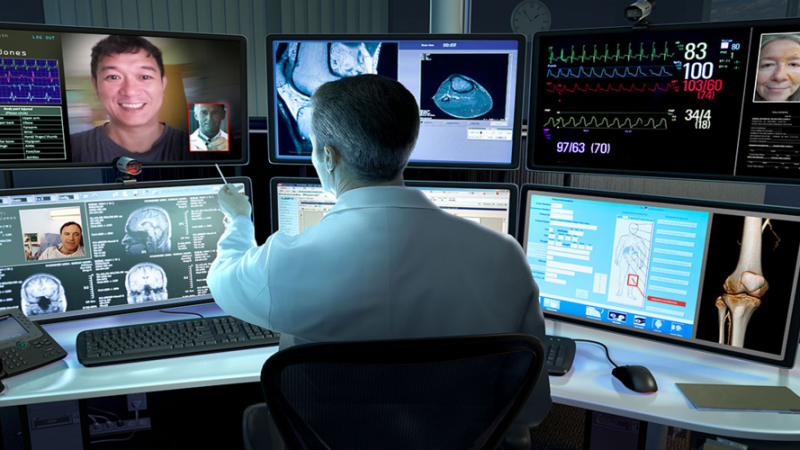Identifying Early Warning Signs of Neuropathy

Research statistics show about 20 percent of the U.S. population experiences neuropathic pain. Neuropathy causes pain and other symptoms resulting from the damage or disease of the sensory nerves in your central or peripheral nervous system. The severity of symptoms varies in different people, but the pain can often be debilitating and severe. Therefore, consider getting appropriate treatment for the slightest Glen Rock neuropathy symptoms. But how do you know you have neuropathy? Here is a look at the early warning signs of neuropathy to look out for.
Sharp Or Burning Pain
One of the common symptoms of neuropathy is a burning sensation or pain. Neuropathy can cause severe and intense pain that feels shooting, burning, or electric in affected areas. The pain can worsen at night and disrupt your normal sleep. Also, you might experience a pain reaction to a stimulus that normally would not cause pain, such as feeling severe pain from a light touch, like covering yourself with a blanket. Sciatica is a type of nerve damage on the sciatic nerve that normally causes a burning sensation in the legs.
Abnormal or Loss of Sensation
Neuropathy can result in loss of sensation in your feet and hands. You might not feel touch, pain, temperature, or objects in your hand. You might also feel like you are wearing gloves or socks even when you aren’t. Neuropathy can also cause abnormal sensations to temperature and touch. You may have increased sensitivity to cold and hot temperatures.
Muscle Weakness
Another symptom of neuropathy is muscle weakness. You may experience muscle weakness and fatigue, making moving your hands and legs difficult. So, if you constantly feel general muscle weakness, consider consulting your doctor for an examination.
Tingling Or Prickling
Neuropathy often causes a tingling or prickling sensation. This feels like needles and pins. The cause of the tingling sensation might vary; it is always recommended to consult a medical provider if it persists. Tingling can be a sign of neuropathy but also cause a sign of confusing healing nerves.
Poor Balance and Coordination
As your neuropathy becomes severe, you might experience poor coordination and balance. You might struggle to stand up, walk, and grasp objects. This increases your risk of falling.
Muscle Spasms or Cramps
Another symptom of neuropathy is muscle cramps or spasms. If you experience painful spasms, cramps, or twitching that you can’t control, it might be a symptom of neuropathy. In severe cases, neuropathy can cause complete loss of muscle control and inability to move your legs and arms.
Abnormal Internal Symptoms
Neuropathy affecting autonomic nerves can result in other internal symptoms. These might include dizziness, fluctuation in blood pressure, abnormal heart rate, and excessive sweating. You might also experience bowel, bladder, and other gastrointestinal problems.
Ultimately, these are some neuropathy warning signs to look out for. Neuropathy can cause debilitating and severe pain and symptoms, affecting the quality of life. Fortunately, you don’t have to worry because there is an available treatment regardless of your cause or type of neuropathic pain. The common conservative treatments for neuropathy include; physical therapy, activity modification, stress management, prescription medication, and supportive devices. If your neuropathy is due to an underlying condition, managing the condition will be the primary treatment goal.







